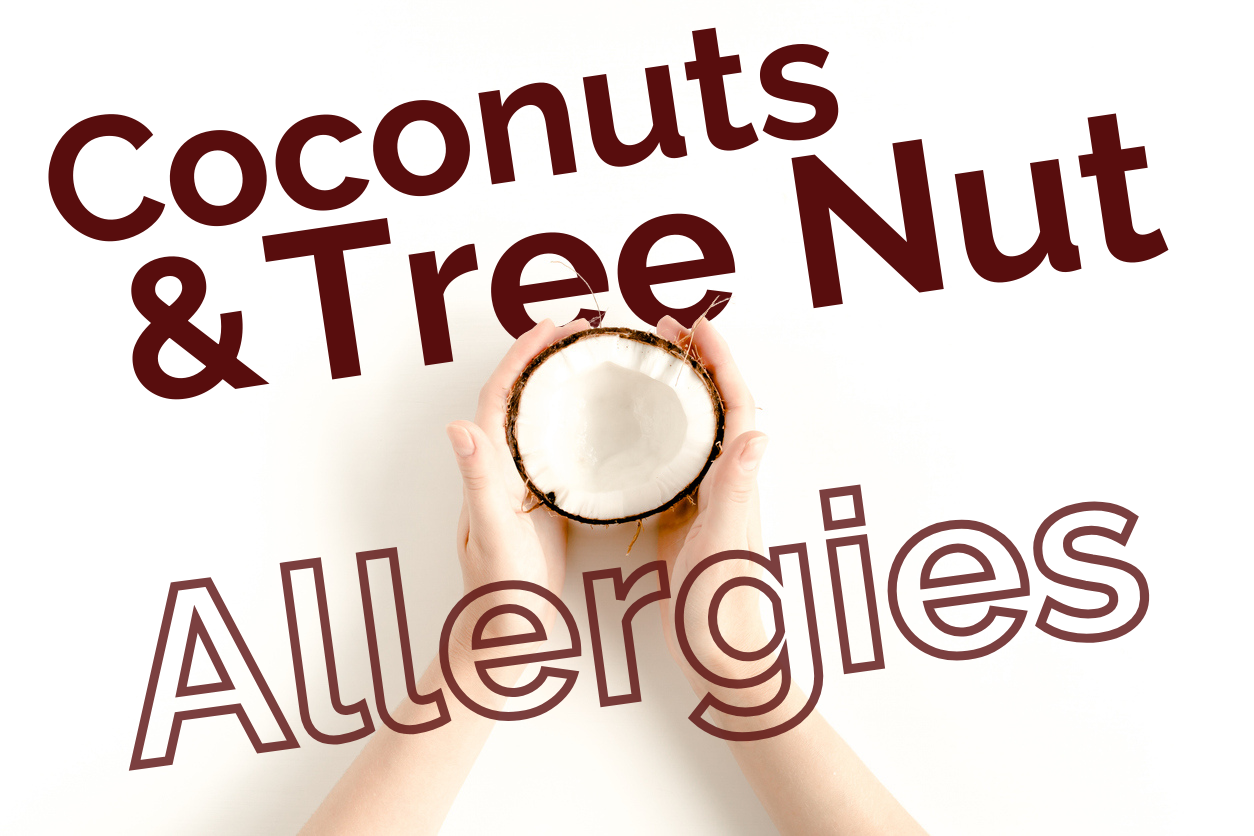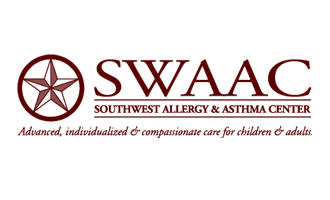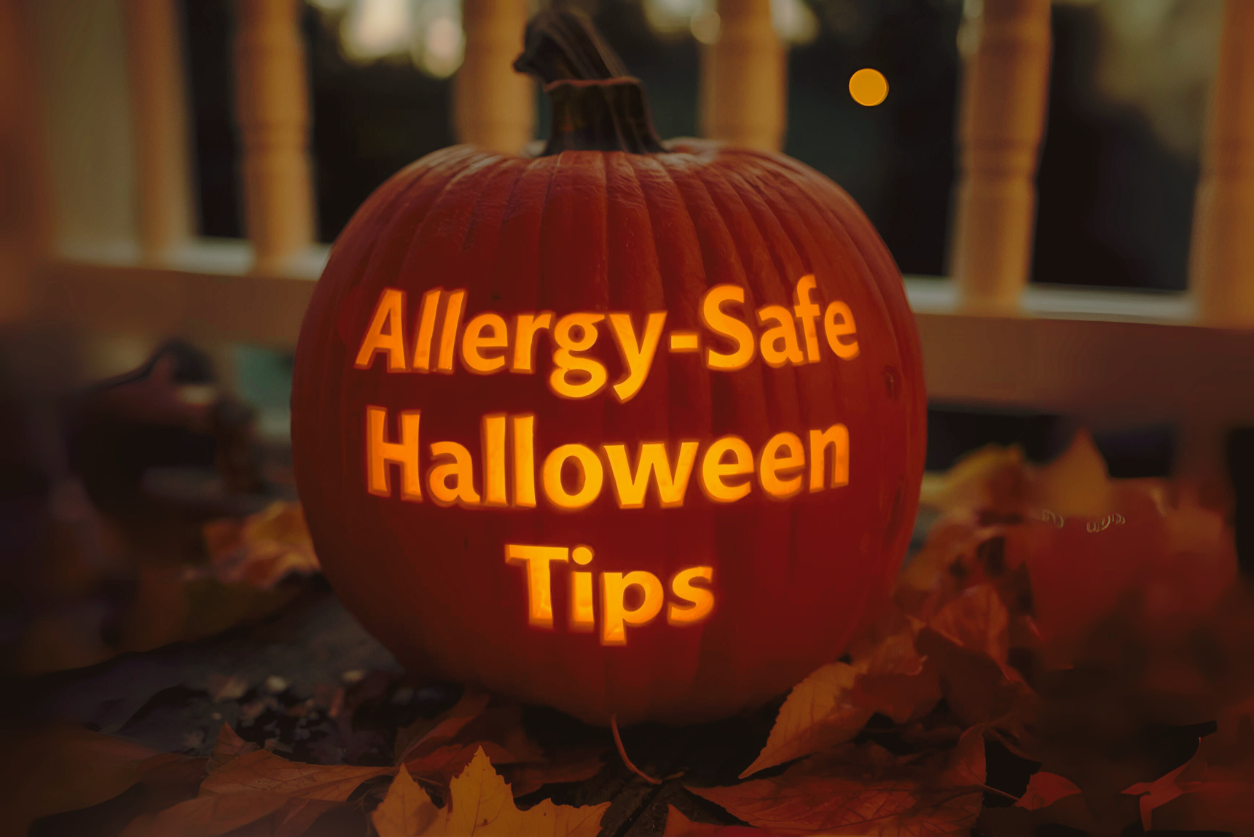Coconuts and Nut Allergies: What You Need to Know
Many people with nut allergies wonder if coconuts are safe. The answer isn’t always clear because coconuts are technically fruits, not tree nuts, but the FDA classifies them as tree nuts on food labels. This can create confusion for anyone managing allergies.
At Southwest Allergy & Asthma Center, we help families understand food allergies, including tree nuts and coconut, so you can make safe choices.
Understanding Nut Allergies
Nut allergies happen when the immune system reacts to proteins in certain nuts. Tree nuts, like almonds, walnuts, cashews, and pecans, can trigger severe reactions, including hives, swelling, gastrointestinal issues, or anaphylaxis.
Knowing which foods to avoid is essential, and working with an allergist ensures a safe, personalized management plan for your child or family.
Are Coconuts Safe?
Botanically, coconuts are drupes, not true nuts. Most people with tree nut allergies can safely eat coconut, but some may react. Because the FDA requires coconut to be labeled as a tree nut, many with nut allergies avoid it to be safe.
Tip: Always check labels and consult an allergist if you’re unsure about coconut or other foods.
Common Myths About Coconut and Nut Allergies
- Myth: Coconut is a tree nut. (Botanically false, legally labeled as a tree nut.)
- Myth: Everyone with nut allergies reacts to coconut. (Most tolerate it.)
- Myth: Coconut oil is unsafe for nut-allergic individuals. (Usually safe, but check for personal reactions.)
Recognizing Tree Nut Allergy Symptoms
Symptoms can range from mild to life-threatening:
- Hives or skin rash
- Swelling of lips, tongue, or throat
- Difficulty breathing
- Nausea or vomiting
- Anaphylaxis
Action: Carry an epinephrine auto-injector or nasal epinephrine injector if prescribed and seek medical attention immediately during severe reactions.
Managing Nut Allergies Safely
- Read food labels carefully for tree nuts and hidden ingredients.
- Communicate clearly when dining out or preparing meals.
- Consult an allergist for personalized testing and guidance.
- Educate family and friends about your allergy to prevent accidental exposure.
When to See an Allergist
If you or your child experiences allergic reactions or uncertainty around coconut or tree nuts, an allergy specialist can provide:
- Accurate testing for specific allergens
- Personalized guidance on safe foods
- A comprehensive allergy management plan
Coconuts are usually safe for those with tree nut allergies, but individual reactions can vary. At Southwest Allergy & Asthma Center, we help families understand allergens, debunk myths, and manage allergies safely. Always read labels, stay informed, and seek professional guidance to protect your health.
This post was medically reviewed by Evan Koesler, PA-C.





